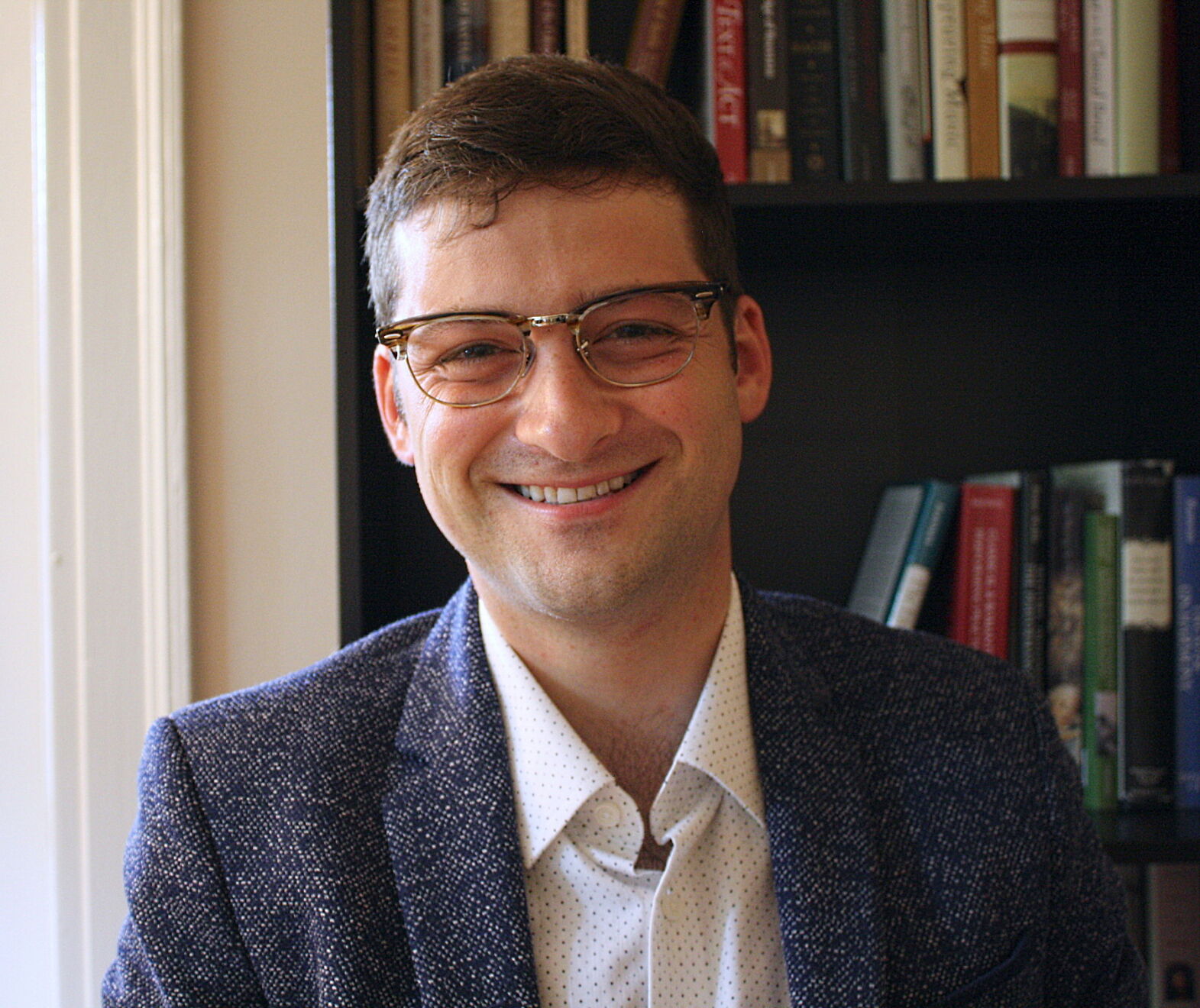For the first time in its 40 years, Arizona Early Music will have someone on its payroll.
Last week, the organization, which brings some of the world’s best early music — think Baroque, Renaissance and earlier — musicians to Tucson, named Dominic Giardino of New Haven, Connecticut, to be its part-time executive director.
The position, funded by donations, will free up Early Music’s volunteer board of directors to focus on the daily operations including ticket sales, sponsorships and artistic programming, while Giardino focuses on fundraising, marketing and strengthening the organization’s community collaborations including with the Arizona Friends of Chamber Music and Tucson Desert Song Festival.
Arizona Early Music board members had been contemplating hiring an executive director even before the COVID-19 pandemic brought their live performances to a halt, said Laurie Camm, the board treasurer.
“Pre-COVID we had been growing so consistently that it reached the point where (the day-to-day operations) had become overly dependent on board members and whatever skills they happened to bring,” Camm said. “Strategically the next step was to have a professional to oversee the work of Arizona Early Music.”
Giardino, who will commute from Connecticut to Tucson a couple of times a year, brings to the job experience managing the prominent baroque ensemble Three Notch’d Road and working with Colonial Williamsburg in Virginia to expand the living museum’s digital footprint during the pandemic.
He takes the reins of Arizona Early Music as it prepares to kick off its 40th anniversary season.
“We have a monumental season in front of us in terms of artists and it’s a huge honor,” said Giardino, 27, a graduate of the University of Rochester’s Eastman School of Music in New York. In addition to his degree in clarinet performance, Giardino spent two years in the Netherlands as a Fulbright scholar studying historical clarinets.
Although Giardino will not be responsible for programming Arizona Early Music’s series, he will offer input from his connections to artists as a performer including young lesser known artists, he said. Bringing in younger artists will help attract younger audiences, he said.
Arizona Early Music kicks off its season on Nov. 14 with the final tour of the Aulos Ensemble, a string and wind quintet that was a driving force behind the early 1970s resurgence of period instruments. In January, the organization is hosting the Tucson Baroque Music Festival as part of the Tucson Desert Song Festival Jan. 28-30. The season wraps up April 20 with The Tallis Scholars from the UK, one of the world’s pre-eminent vocal ensembles, performing “The Golden Age of Spanish Polyphony.”
The New York Times called the UK-based Tallis Scholars, which opens its spring U.S. tour in Tucson, the “rock stars of Renaissance music,” a description echoed by Giardino and Camm.
“It is going to be something that speaks pretty strongly to the choral community here,” Giardino said.
Camm said the group plays festivals around the world and prestigious venues including New York’s storied Carnegie Hall. To have them here “is our part of putting Tucson on the map,” she said.
“This is for us to end our 40th season on the highest of high notes with the kind of group that I think many people in Tucson wouldn’t imagine would come here,” she said.
For tickets and more information visit azearlymusic.org





